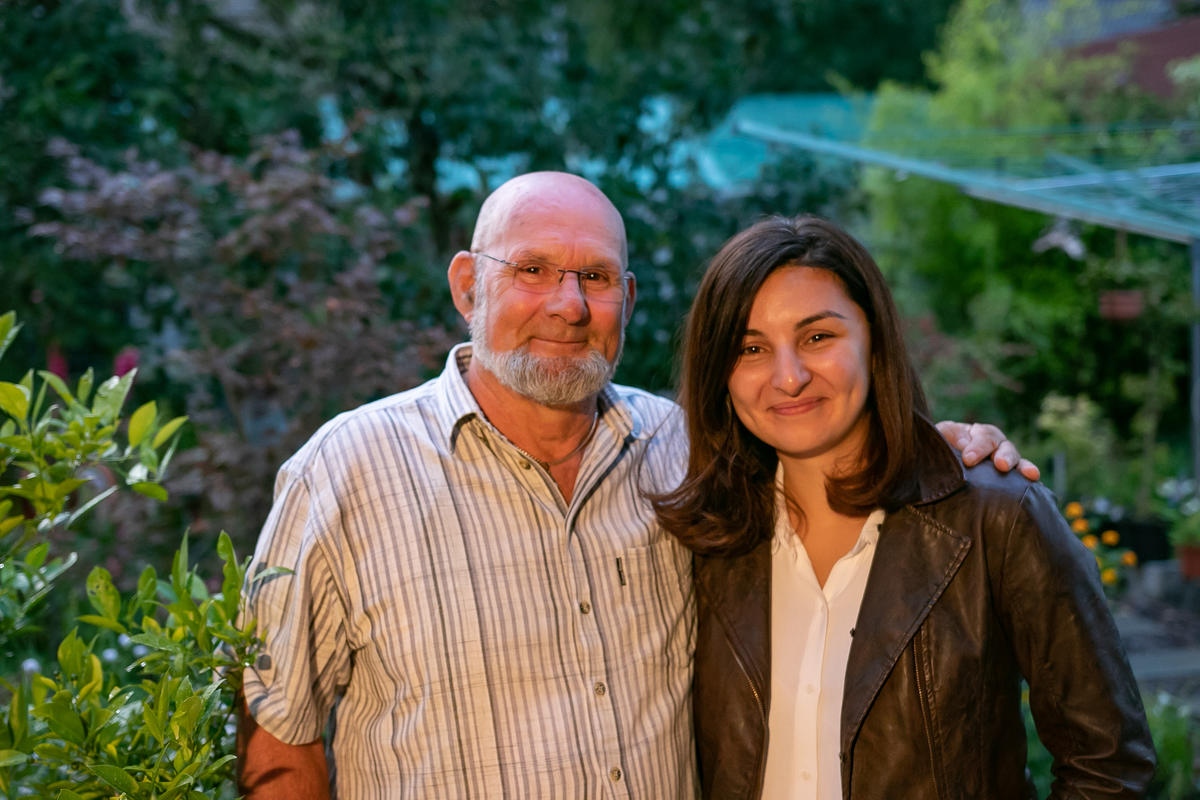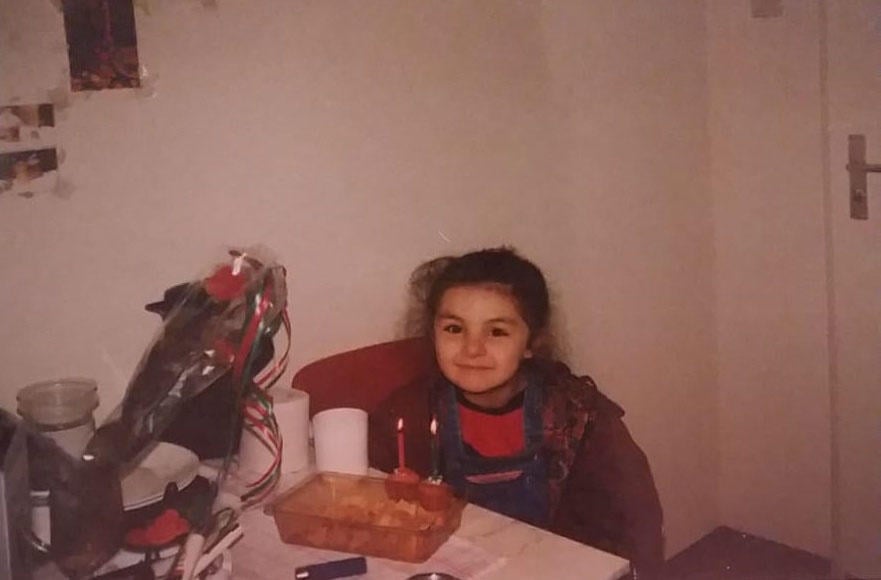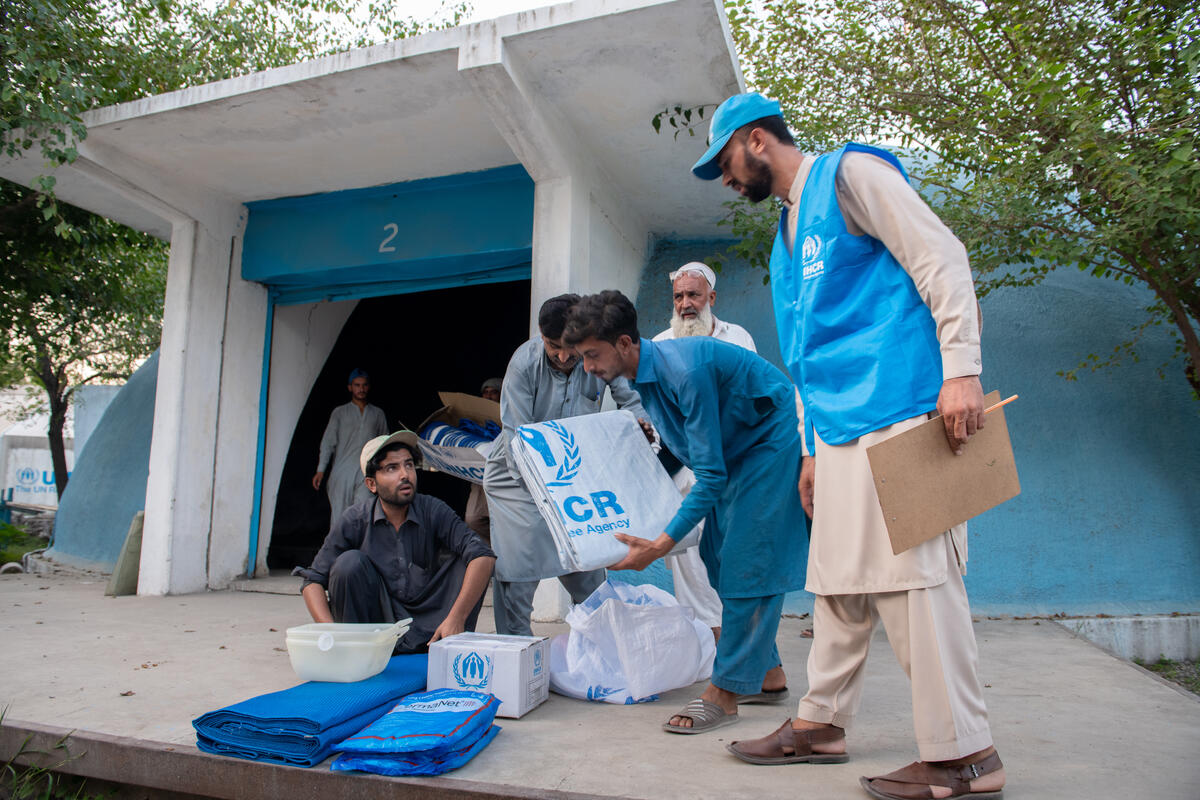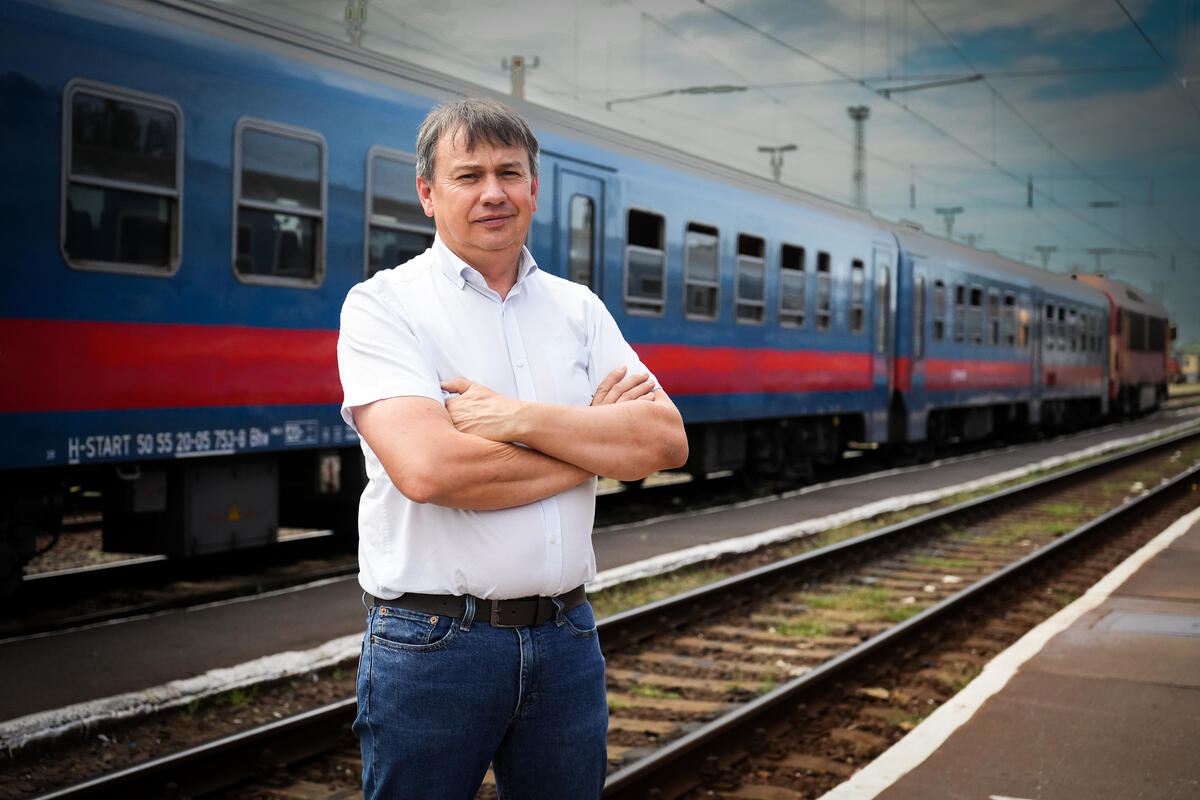Social media helps former refugee thank man who gave her a childhood bicycle

Social media helps former refugee thank man who gave her a childhood bicycle
Here’s a heartwarming tale about a refugee, a good Samaritan, a bicycle and social media.
Nearly a quarter of a century ago, five-year-old Mevan Babakar was living with her mother at a holding centre for refugees in the Dutch town of Bergen aan Zee.
Mevan’s life had been hard. Her parents fled northern Iraq in 1991 as refugees and journeyed through Turkey, Azerbaijan and Russia before reaching the Netherlands, where they lived at a camp in the town of Zwolle. While there, they got to know a Dutch aid worker called Egbert who worked there.
After they left Zwolle for Bergen aan Zee, Egbert made a journey of over 150 kilometres (around 100 miles) and arrived at their new home with a gift for Mevan of a brand-new bicycle and one for her mother too. He came out of the blue and for Mevan the gift was life-changing.
“I remember my heart just exploded with joy … I couldn’t believe it was mine,” she recalled. “When someone gives you something better than you deserve, you have to start to reassess what you’re worth.”
Soon afterwards, the family moved to London. Mevan grew up, obtained a Master’s degree in bio-engineering from Sheffield University and embarked on a career in the media.
But the gift and the story of her early years never left her, and recently she embarked on a trip to learn more about her past and the experiences and culture that shaped her early life.
On Monday, she arrived in Zwolle determined to track down the anonymous benefactor, but quickly ran into a problem. Who was he?
“I went to city hall and the local library and asked as many people as I could. Nobody knew much. A librarian thought it [the camp] might have been at the hospital. We kind of gave up,” she said.
"I decided it can't hurt to just tweet about it."
That’s where social media came in.
“I had an apple pie and (then) decided it can’t hurt to just tweet about it,” she said.
Her tweet began: “Hi Internet, this is a long shot, but I was a refugee.” Then she explained her story.
Bingo.
Within minutes, it had been retweeted – first hundreds and then thousands of times. People piled in with suggestions on how she could track him down.

Within an hour, Mevan was invited to the office of a local journalist. They recorded an interview for social media. By the end of the day, she had tracked the man down and on Tuesday she and the journalist went to visit Egbert at his home in Germany.
“It was wonderful. It was like seeing a relative that you hadn’t seen in a very long time,” she said. He wished to remain anonymous.
Other refugees chimed in with stories of acts of kindness that people had shown to them and what a difference those acts had made.
The point of the story is not just that social media can be a force for good. It shows the power of an act of kindness to change a person’s life.
“It wasn’t really about the bike. The gift of the bike and those feelings eventually became the value of my own self-worth,” she said.








